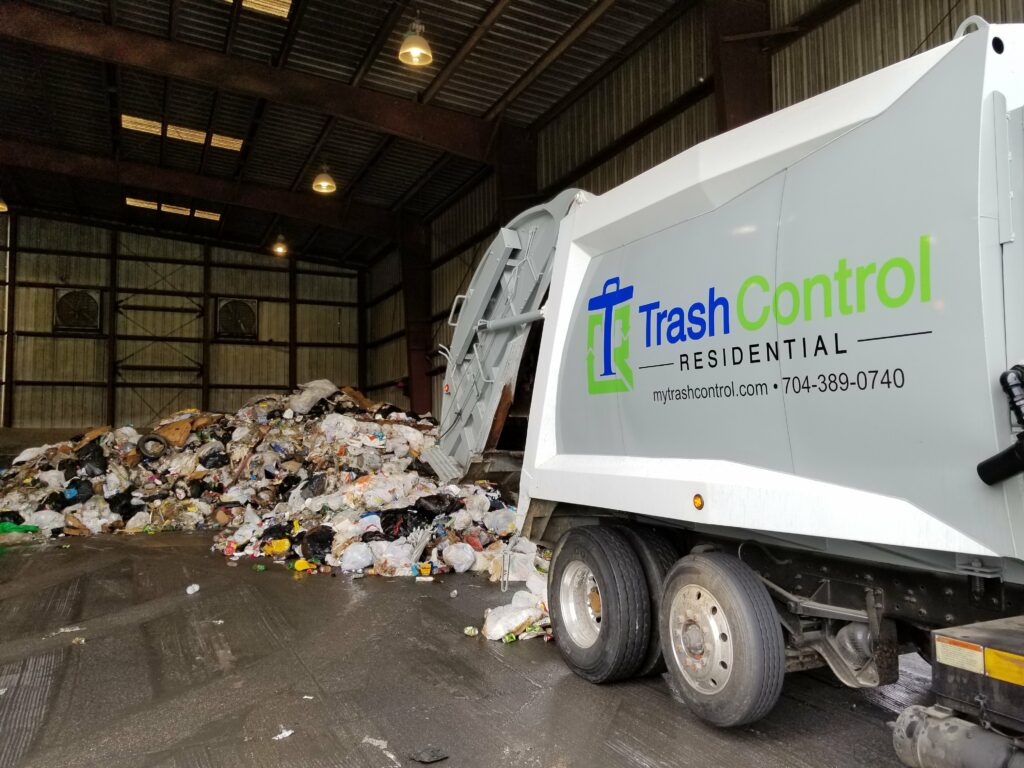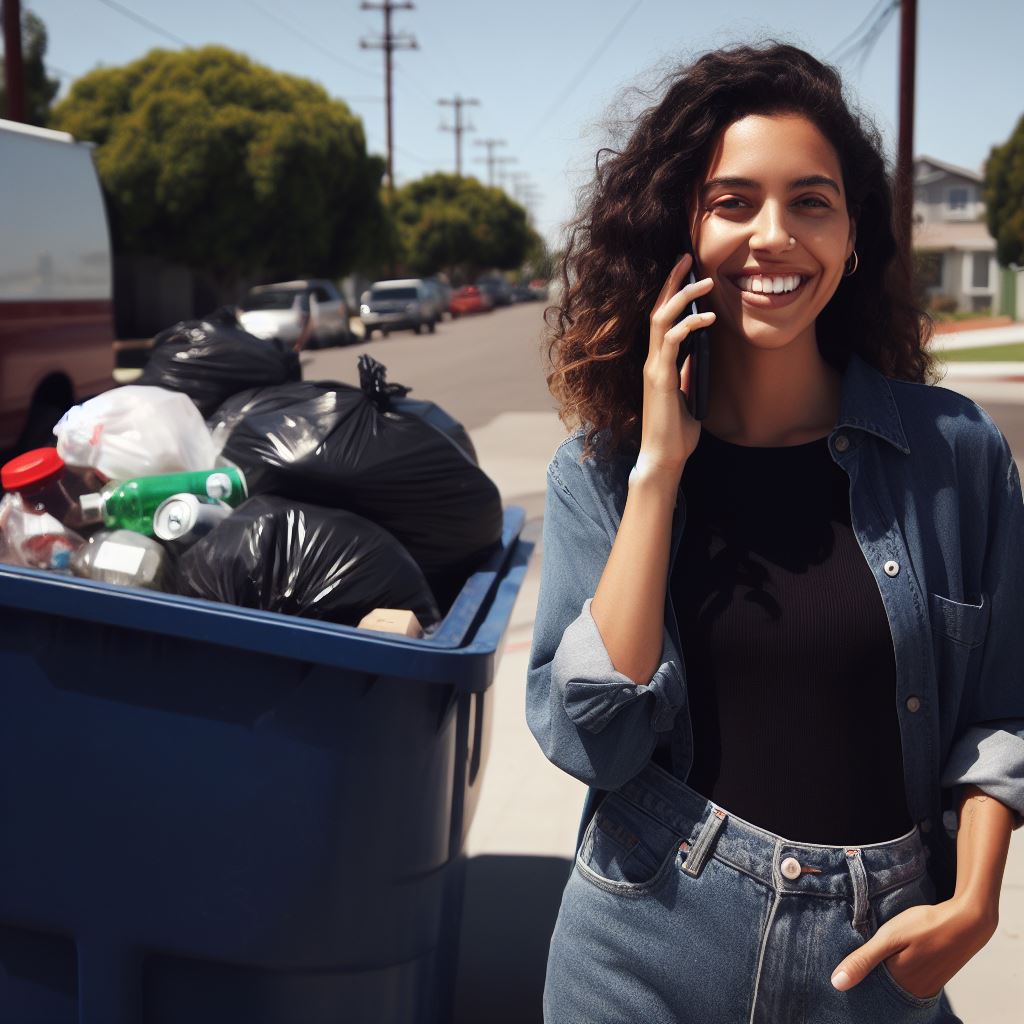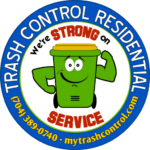Recycling is one of the easiest ways to help the environment. It reduces pollution, conserves natural resources, and saves energy. By recycling, you can also help to create jobs and support the local economy.
This guide provides information on what materials can and cannot be recycled in residential areas. It also includes tips on how to prepare your recyclables for pickup.
What can I recycle?
The following materials are generally accepted for curbside recycling:
- Metal: aluminum beverage cans, steel food and beverage cans, empty aerosol cans
- Plastics: #1-#7 plastic containers and bottles with necks smaller than their bases
- Paper, paperboard, and cardboard: food boxes, empty paper towel and toilet paper rolls, paperboard packaging, office paper, newspapers and inserts, magazines, catalogs, and brochures, envelopes and junk mail, paper bags, phone books, and other soft cover books.
Tips for preparing your recyclables:
- Remove caps or lids.
- Rinse out any food or beverage residue.
- Flatten cardboard boxes.
- Keep recyclables clean and dry.
What can’t I recycle?
The following materials are generally not accepted for curbside recycling:
- Chemical/pesticide containers
- Electronics
- Light bulbs
- Styrofoam
- Yard waste
- Glass bottles or jars
- Window glass or mirrors
- Plastic furniture, hose reels, toys, etc…
- Plastic bags
- Garden hoses
- Soiled pizza boxes
These materials may be recyclable in other ways, such as through drop-off programs or special collections.
Tips for reducing your waste:
In addition to recycling, there are other things you can do to reduce your waste, such as:
- Buy in bulk to reduce packaging waste.
- Bring your own reusable bags when you shop.
- Repair items instead of throwing them away.
- Compost food scraps and yard waste.
- Donate unwanted items to charity.
By following these tips, you can help to make a difference for the environment.



